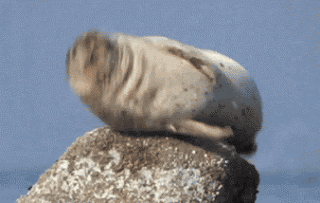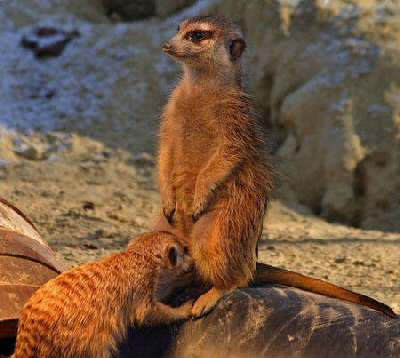Say cheese for me. No, you are not having your photograph taken. The world's oldest solid cheese has been found. It is 3,200 years old and was discovered in Egypt. Unfortunately it is diseased and cannot be eaten.
The "slab" was owned by the mayor of Memphis Ptahmes in the 13th-century BC. It has been lying around in his tomb all this time. Put in with the official at the time of his death, it was carefully wrapped in canvas.
Though it was identified as cheese. Whether it was made from cow, goat or sheep milk is not known. If anyone had eaten it they would have become very ill because it contained the bacterium of the deadly disease brucellosis.
Dr Greco also identified the most ancient Italian olive oil and the earliest wine. Research continues in the Egyptian tomb of Ptahmes. The search for food of the past is called archaeofood. It is a growing field of archeology.
◆ ARCHAEOLOGY ◆
●
| ★ images ★



















